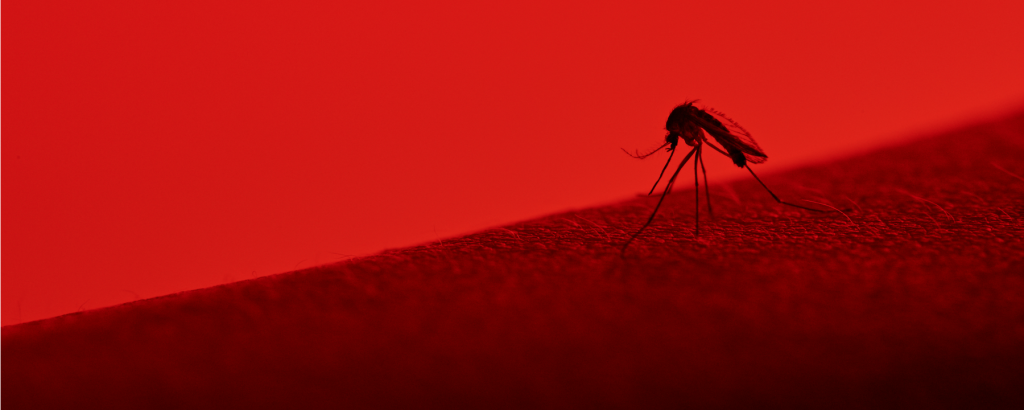In a large trial, a dengue immunization developed by Takeda Vaccines reduced the number of dengue by more than 80 percent relative to a control group, and cut the number of hospitalizations due to the disease by more than 95 percent, the company reported Wednesday (November 6) in The New England Journal of Medicine. But experts say that results from a longer follow-up are needed before drawing conclusions about the vaccine.
A previously tested dengue vaccine, Dengvaxia, turned out to increase the severity of later disease in children who had never been infected with dengue prior to receiving the jab. Many researchers think that’s because there are not one, but four, closely related dengue viruses, and developing antibodies to one of those viruses makes people more vulnerable to subsequent infection by a different dengue virus. In the case of Dengvaxia, “The vaccine was acting as a silent first infection in those kids who hadn’t been exposed in the past,” epidemiologist Isabel Rodriguez-Barraquer of the University of California, San Francisco, School of Medicine tells Science News. Rodriguez-Barraquer was not involved in the development of either vaccine.
See “Dengue Vaccine Program Halted Over Safety Issues”
The new vaccine, called TAK-003, has a backbone based on dengue type 2 virus, with pieces of the other dengue viruses added to it. Dengvaxia was made up of a yellow fever virus with bits of each of the dengue viruses.
The new trial, which included 12,700 children who each received two doses of the vaccine and 6,316 controls, found that overall the vaccine was 80.9 percent effective in preventing dengue in the year after the second dose, and 95.4 percent effective at preventing dengue that led to hospitalization. The vaccine was most effective against dengue type 2. There were too few cases of dengue type 4 in the trial to evaluate its effectiveness against that virus. Follow-up for the trial will continue for another three-and-a-half years.
Leonila Dans, a pediatrician at the University of the Philippines in Manila who criticized the speed at which the Philippines adopted Dengvaxia, tells Science that the Takeda results look “very similar . . . albeit better.” But, she adds, “We still need to wait for the full trial report to see if the efficacy persists and safety is assured. . . . Ideally we want a vaccine that will be protective for all serotypes.”
“We’ll have to wait to find out where that protection is going—will it stabilize or get worse? It’s very much a preliminary report,” says Scott Halstead, a dengue expert who retired from the Uniformed Services University of the Health Sciences, in remarks to STAT. “This suggests victory, but Takeda recognizes this is something they’re going to have to stick with, think about, work on, watch and be careful. . . . Let’s make sure nobody runs around claiming an early Pyrrhic victory.”







